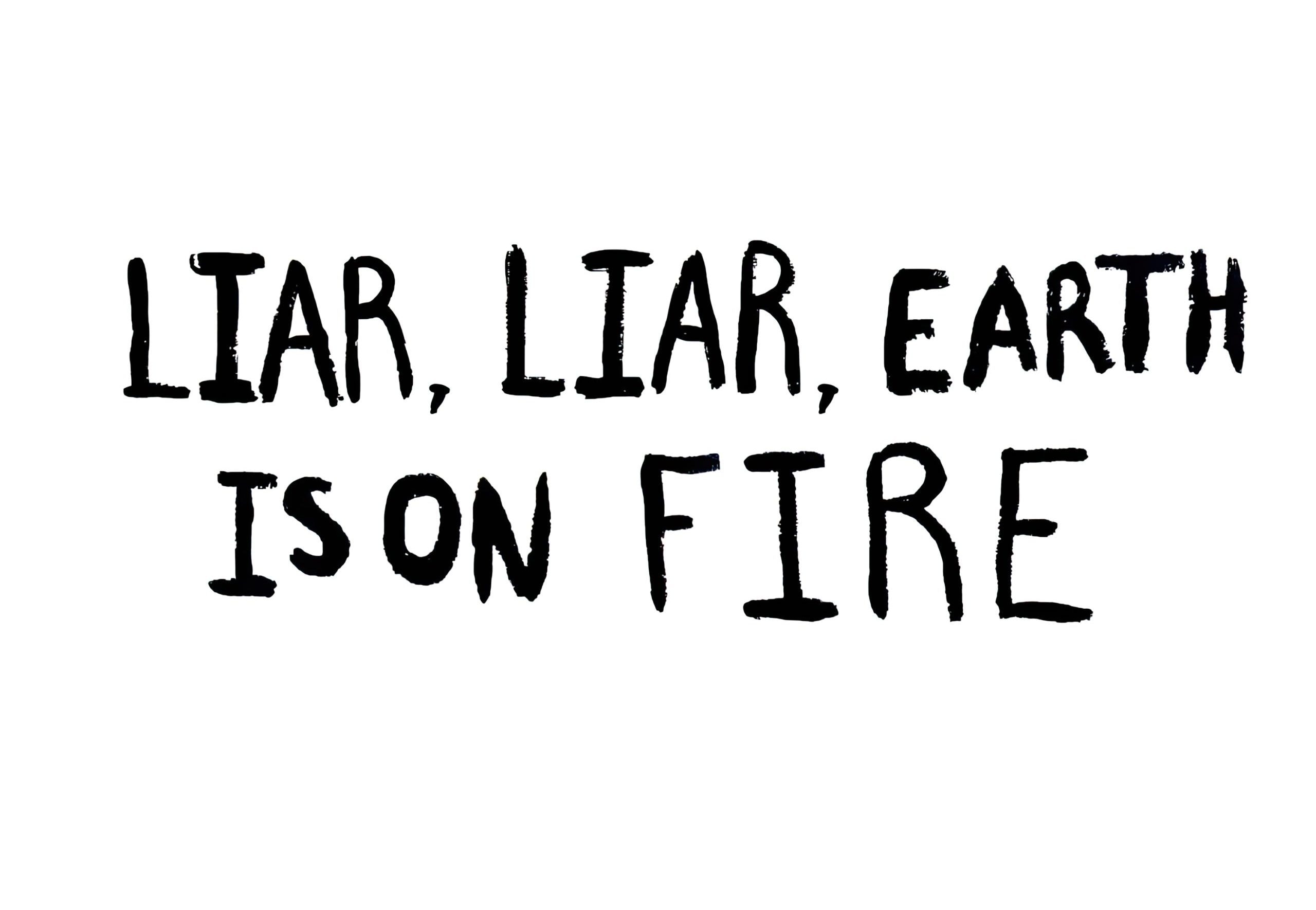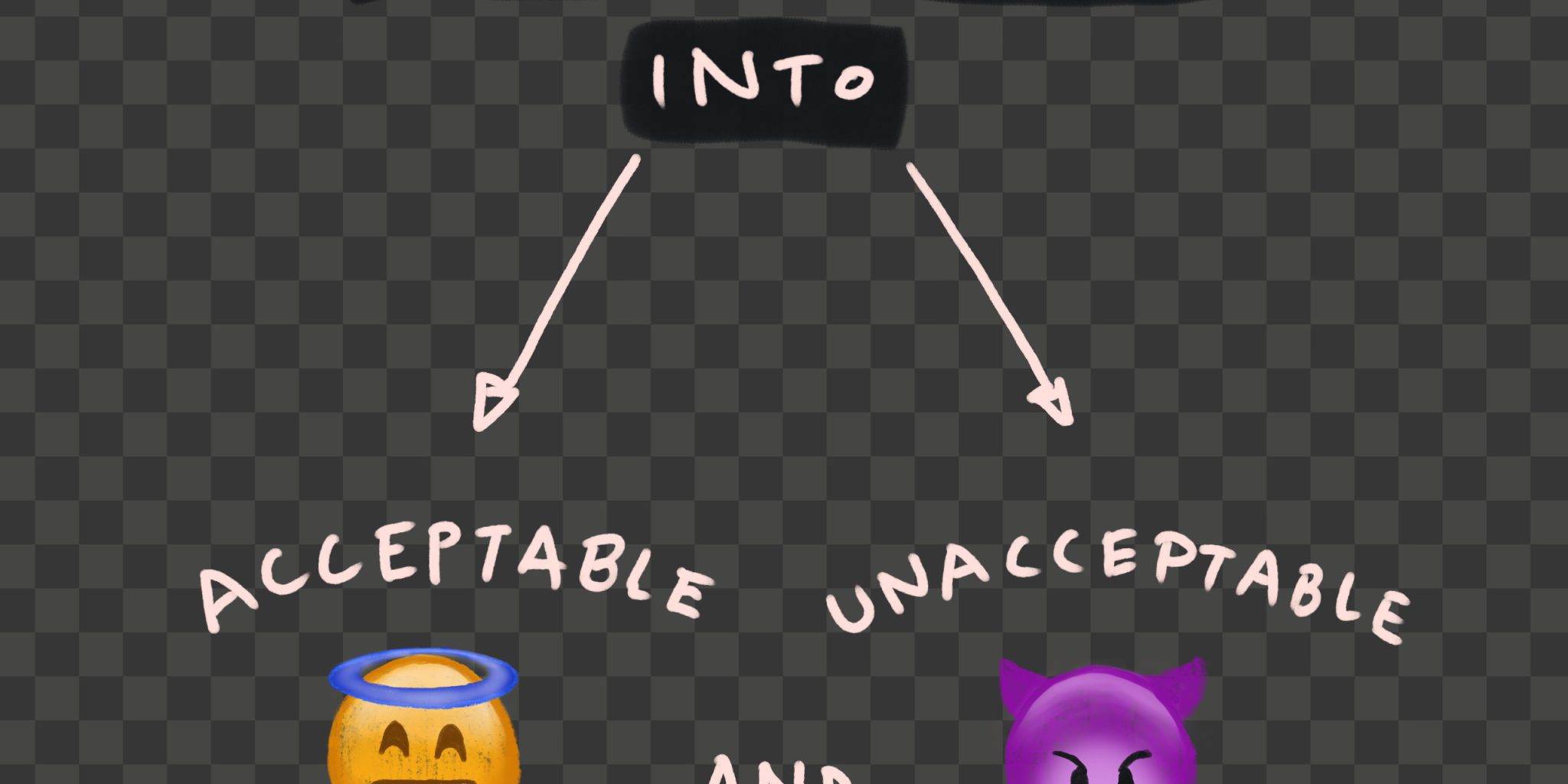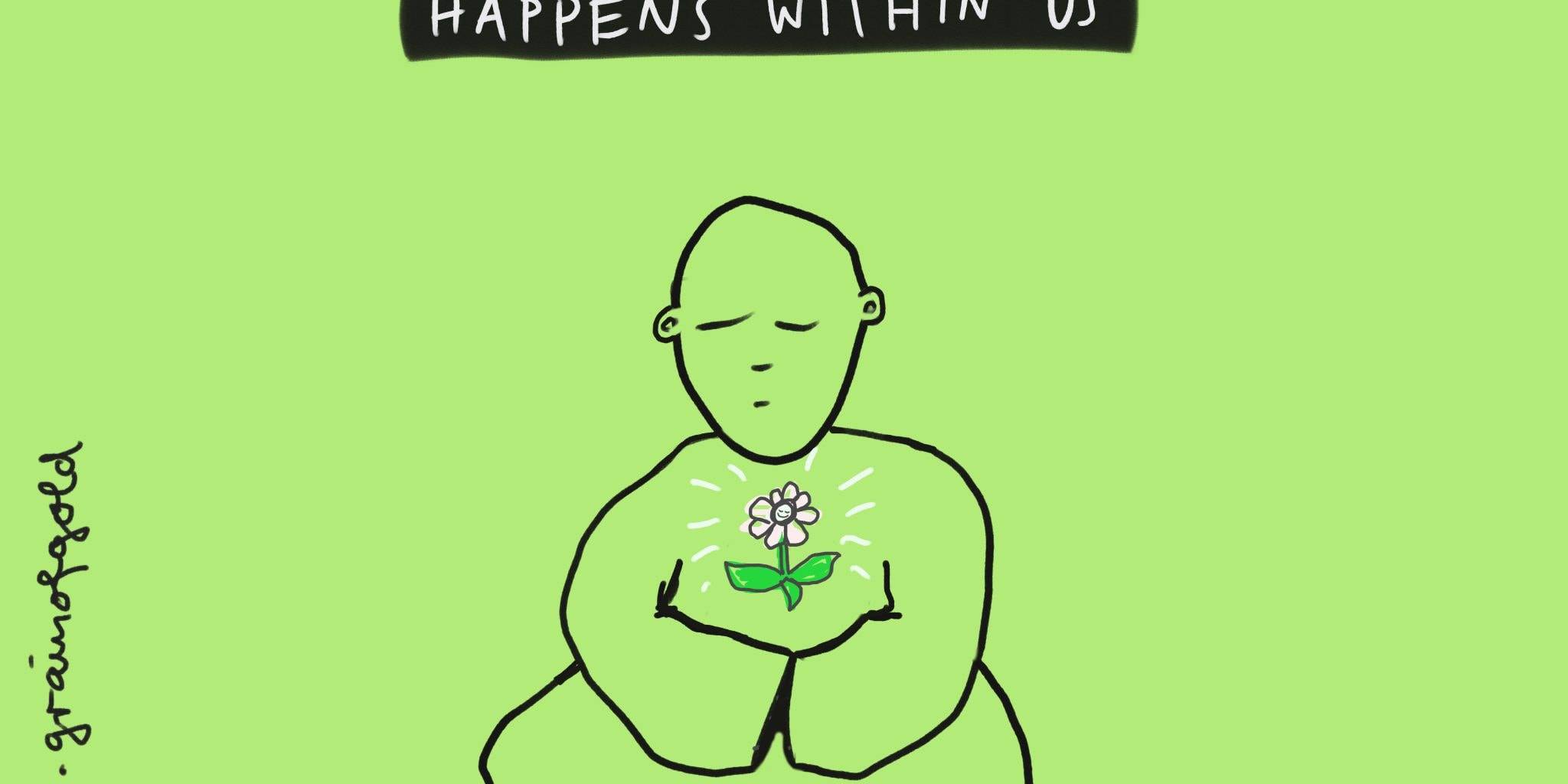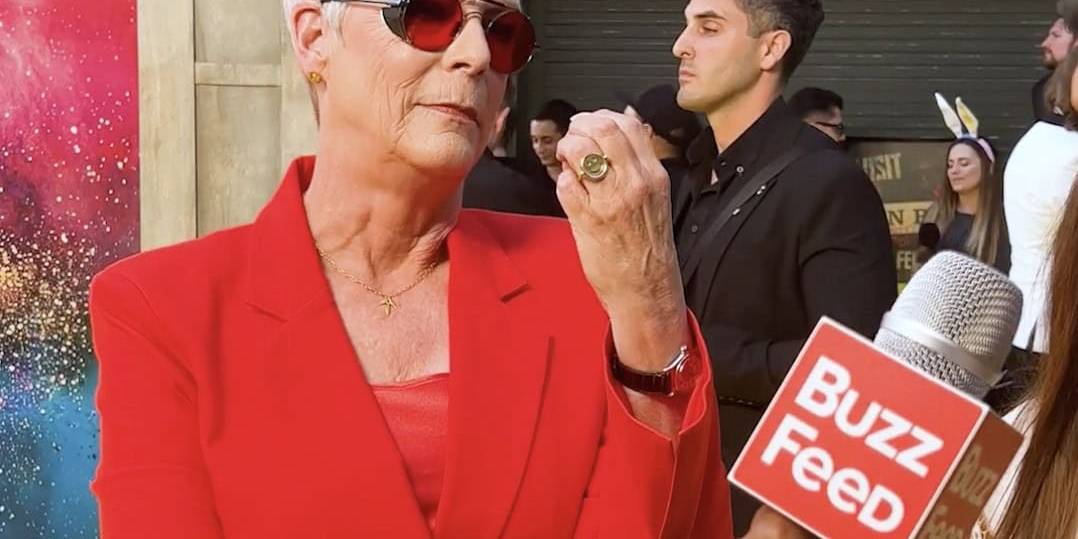
Image header: Gildsons, CC-BY-SA-4.0
There are moments in our lives when we face uncomfortable truths or emotions that challenge our sense of self or well-being. Faced with these disturbing realities, the mind often uses unconscious defense mechanisms.
The protective story becomes like a comfortable bubble they can retreat into, shielding them from the discomfort of the unfiltered truth.
Imagine a situation in which a person is confronted with a tough truth about themselves that feels really uncomfortable. It could be a personal flaw or a mistake they made. To keep a sense of balance and self-worth, the mind instinctively kicks in with a sort of protective strategy, like a shield by creating a false narrative.
This person creates a version of events or a self-image that differs from the truth. They become the deceiver by making up a more comforting narrative. It’s like they’re telling a story in order to soften the emotional blow and to protect themselves from the full weight of the unpleasant reality. This is their way of protecting their self-image and avoiding the emotional pain.

Image: Saint Sanchez, CC-BY-2.0
At the same time, however, they begin to believe their own made-up story. Instinctively, they know that their false story will hold up better if they believe it themselves. This is where they become the deceived. The protective story becomes like a comfortable bubble they can retreat into, shielding them from the discomfort of the unfiltered truth.
What’s interesting is that this whole process often happens without the person being aware of it. They’re not fully aware that their mind is playing this trick on them. They end up both creating and buying into the deception, all in an effort to cope with a harsh reality.
Ever experienced or observed something like that, and you’re not quite sure what it is? Well, it’s called self-deception – it’s a defense mechanism in action.
You may also like
The dualistic split in childhood hurt we all had to endure
Can you identify the aspects of yourself that were accepted…
From Greed to Growth: A Tale of Two Brothers’ Transformation
In a vast forest lived two brothers, Donald and Nic, born…
Breaking the Loop: The Power of Owning Your Mistakes
We all mess up. Whether it’s snapping at someone we love,…




